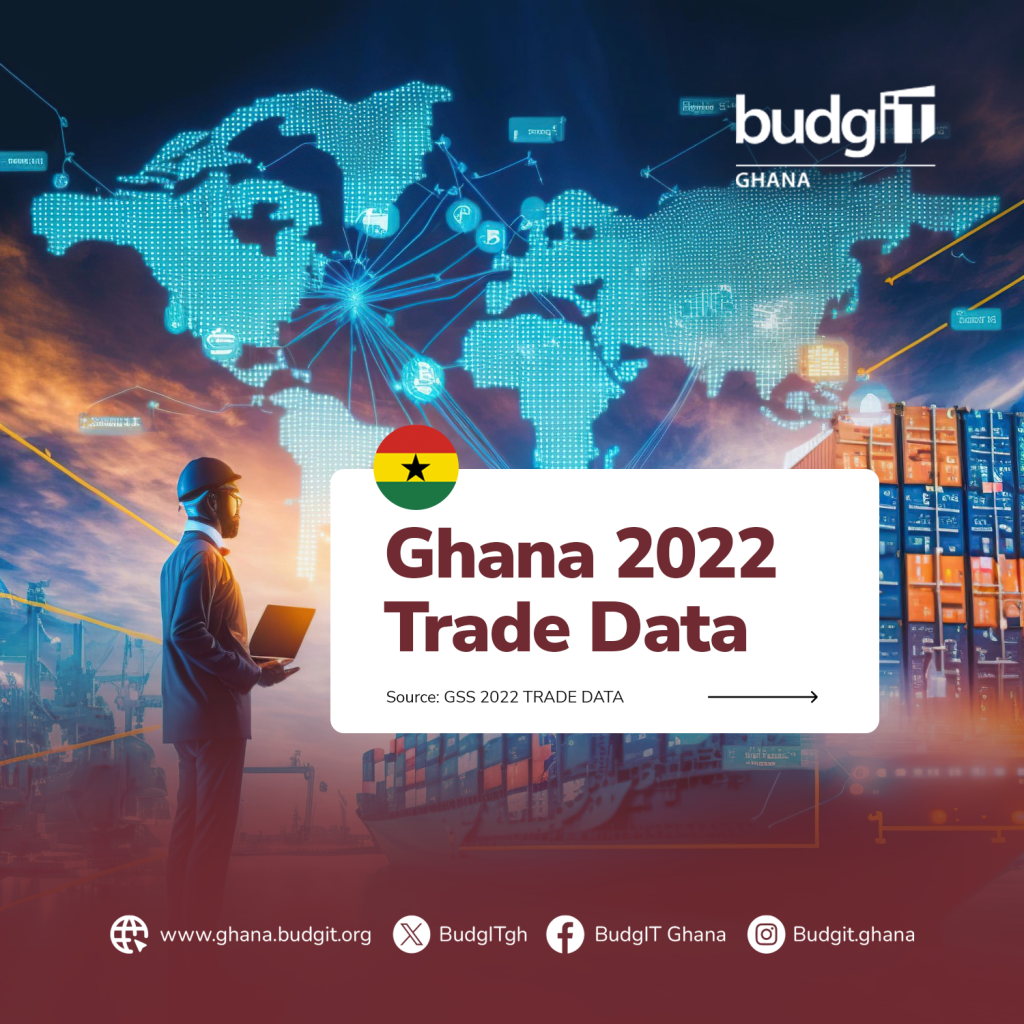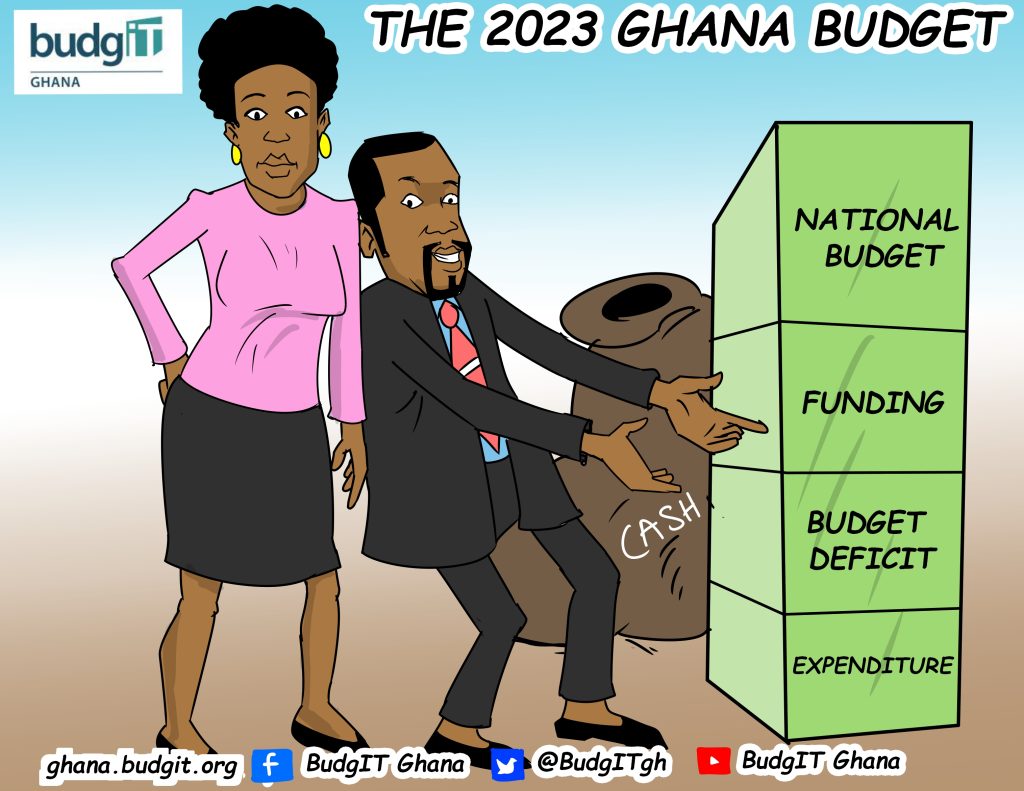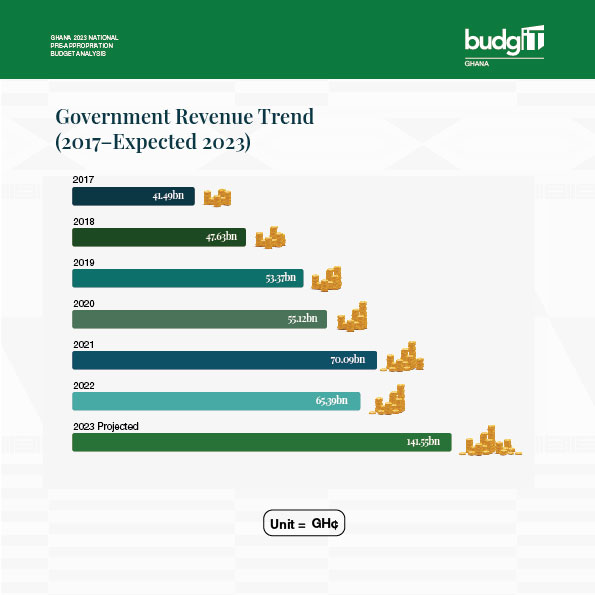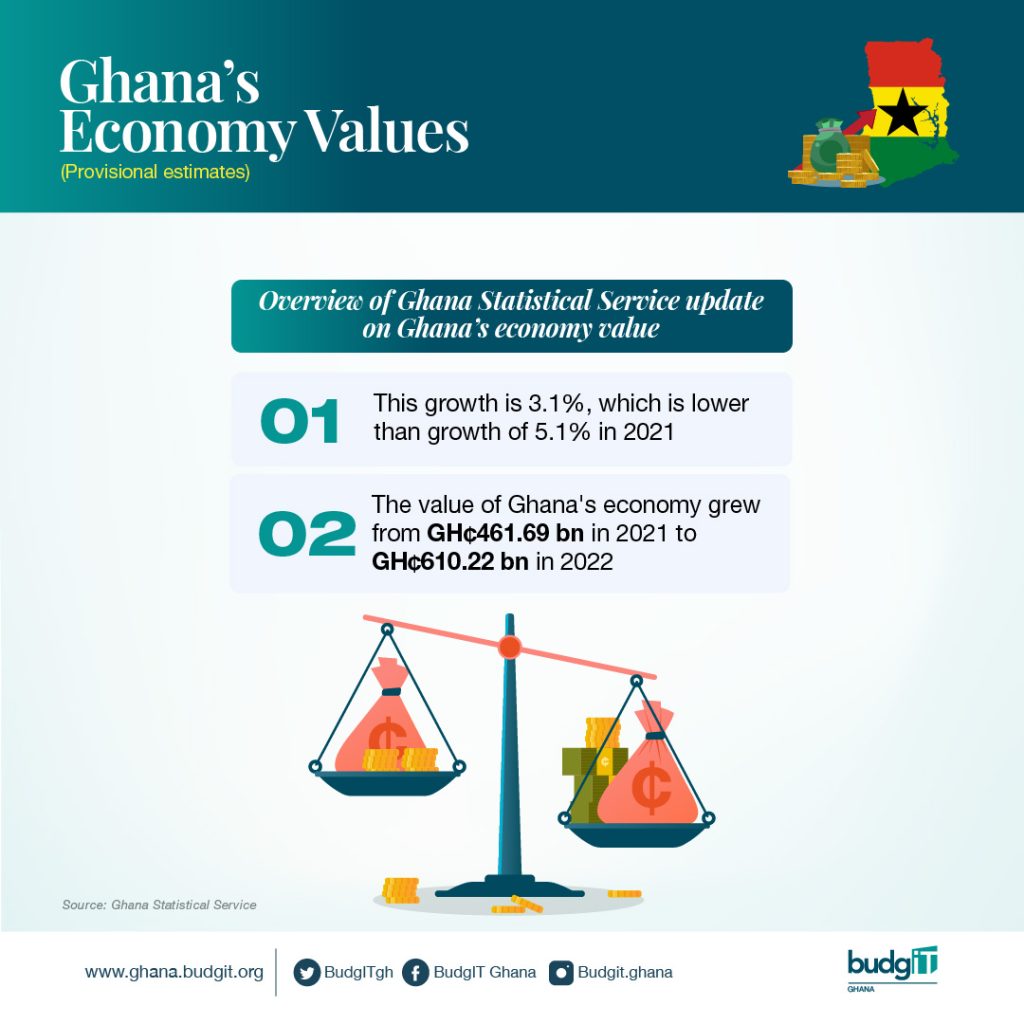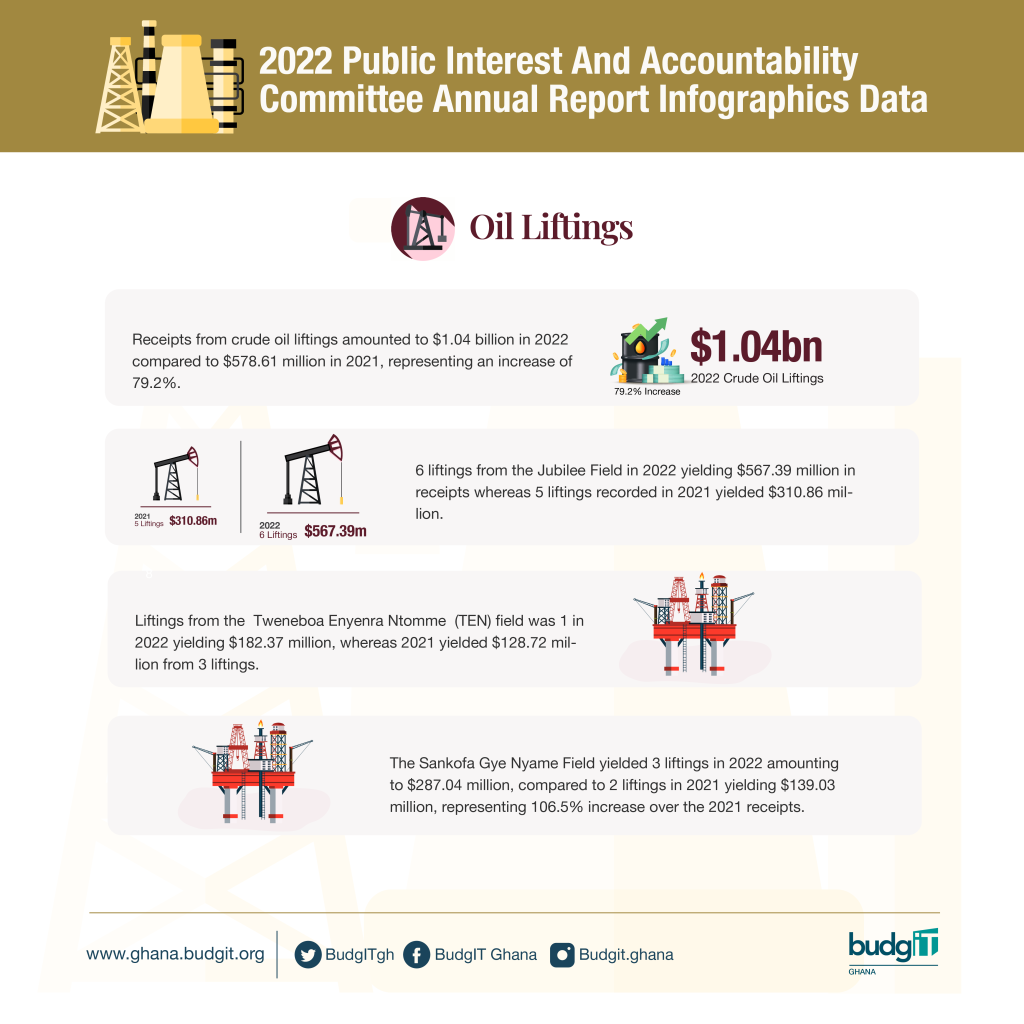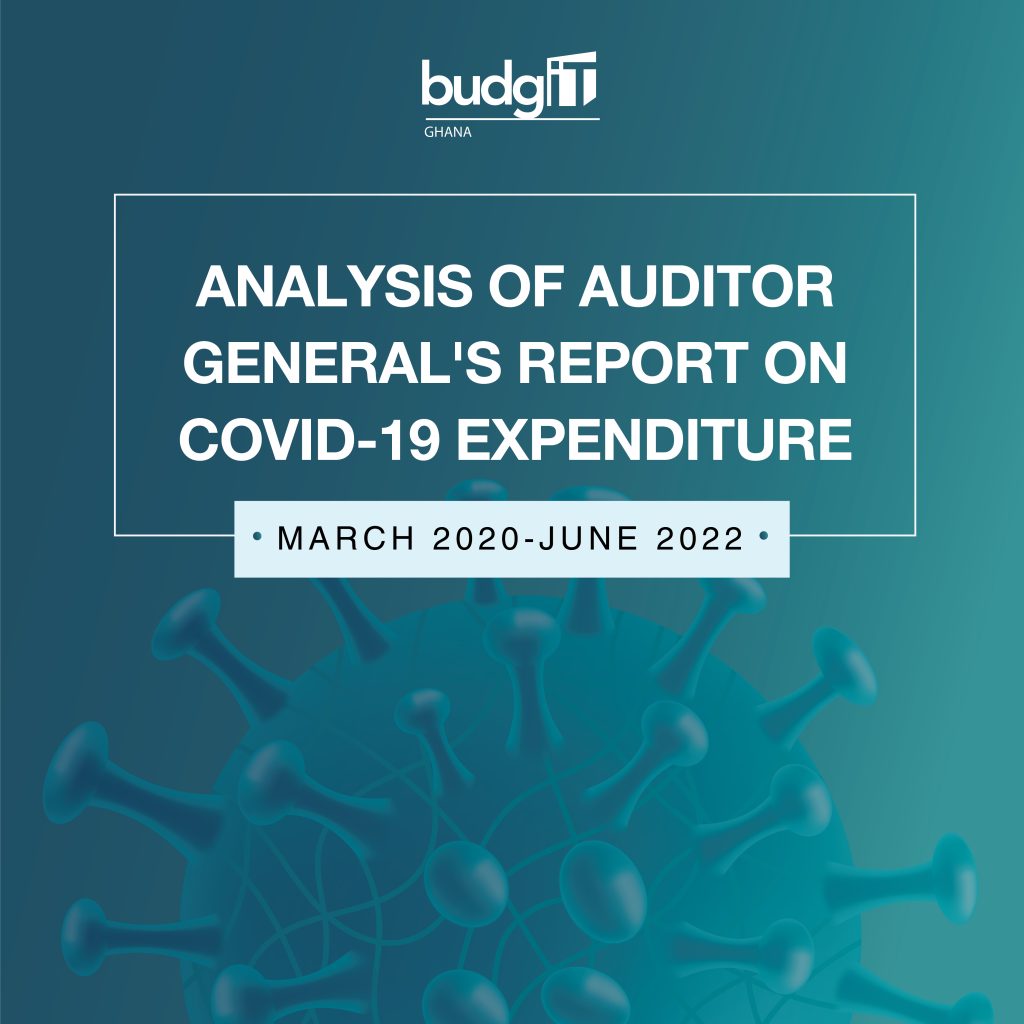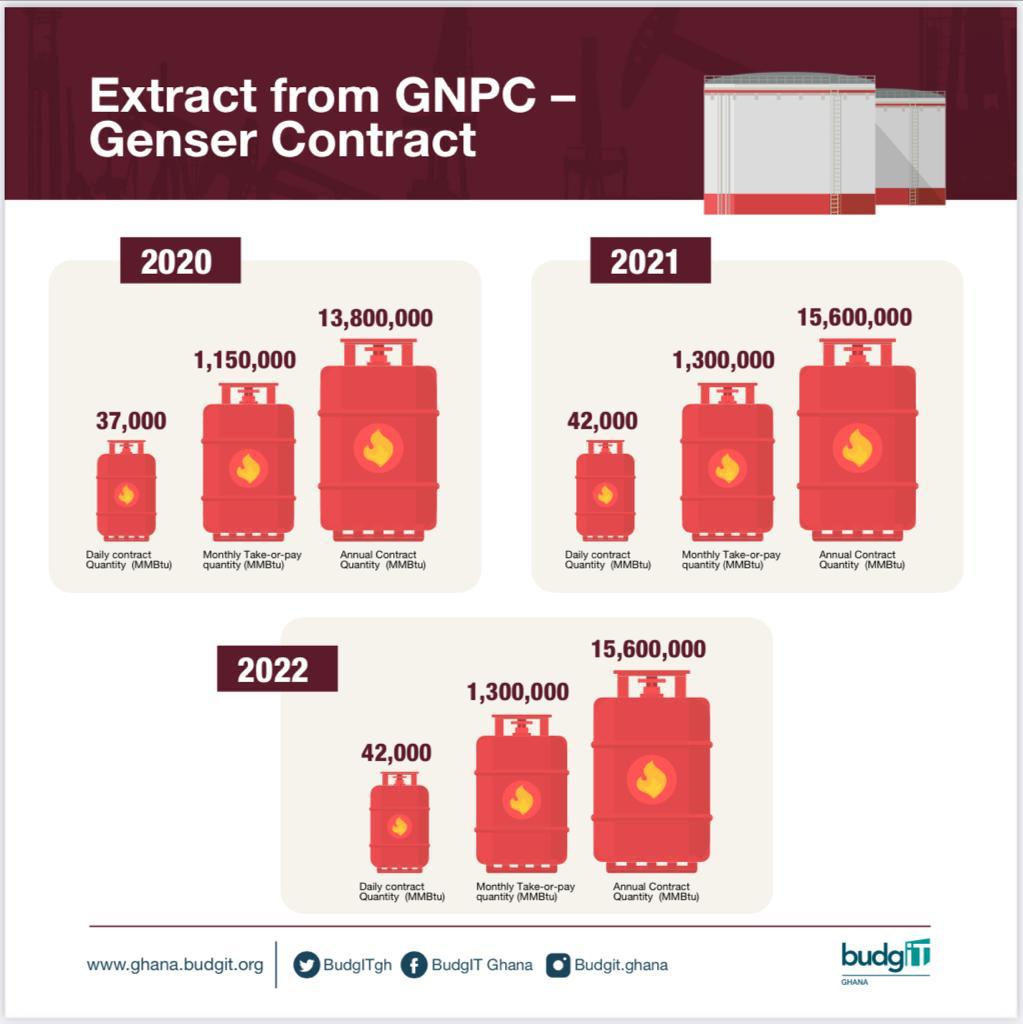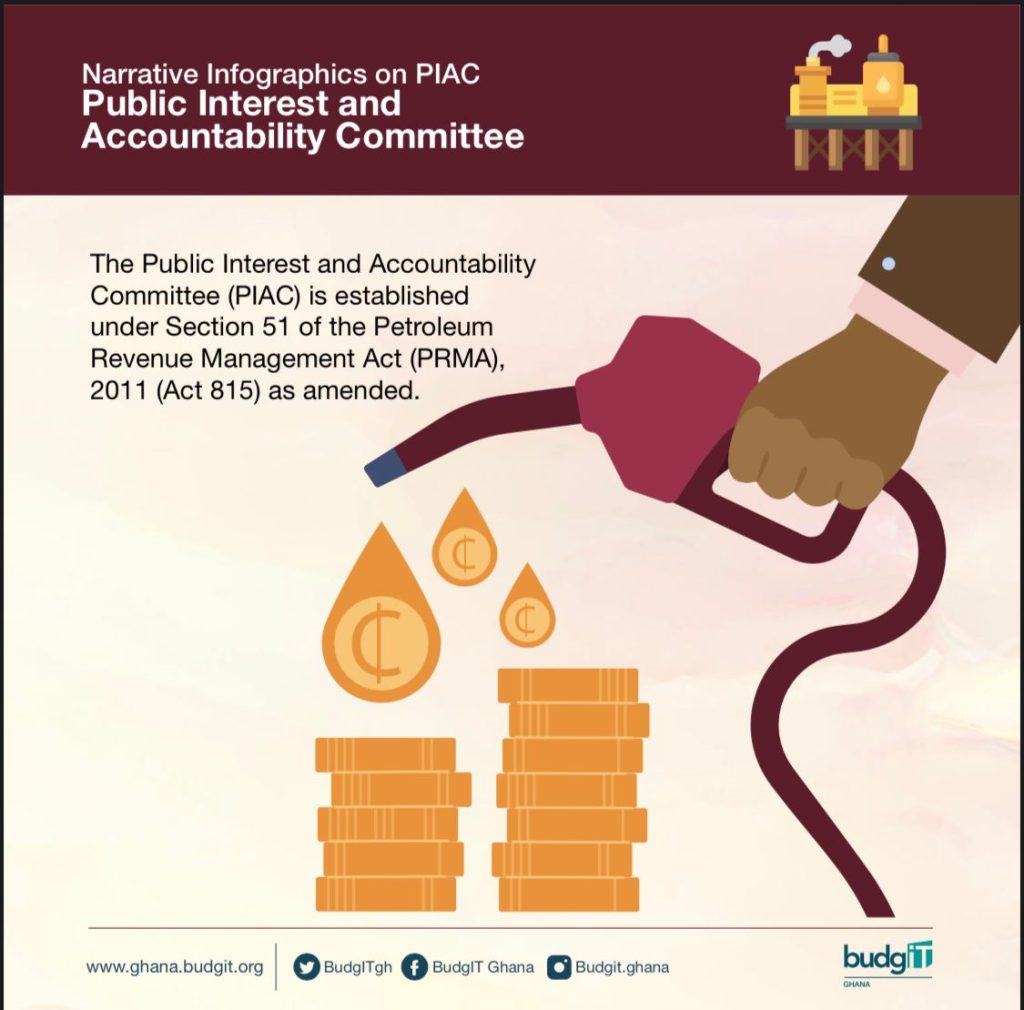This Trade Vulnerability report is the first to be published by Ghana Statistical Service (GSS), and it aims at widening the scope of external trade statistics and increasing the frequency of disseminating statistics on Ghana’s international merchandise trade. This publication has become more compelling given the differential adverse impacts on economies due to COVID-19, economic downturns, and geopolitical arrangements.
2023 Ghana Budget_Illustration
This Publication is part of BudgIT Foundation’s Budget Analysis Series. It simplifies national budget and other financial documents to empower citizens to demand good governance and better service delivery.
2023 National Budget Analysis
As articulated in the Post-COVID-19 program for Economic Growth (PC-PEG), the 2023 national budget aims to restore macroeconomic stability and accelerate economic transformation. This is built on the theme of “Restoring and Sustaining Macroeconomic Stability and Resilience through Inclusive Growth & Value Addition.” It is built around a seven-point agenda that focuses on aggressively mobilizing domestic revenue through various tax reforms, streamlining and rationalizing expenditures, increasing local productive capacity, promoting and diversifying exports, protecting the poor and vulnerable, expanding digital and climate-responsive physical infrastructure, and implementing structural and public-sector reforms.
2023 National Budget Analysis – Ghana
The Ghanaian government anticipates spending about GH¢205 billion in 2023, a 34% increase from the GH¢153 billion in its 2022 expenditure budget. Furthermore, there is a 47% increase in revenues and grants totaling 144 billion Ghana Cedis for the 2023 budget, compared to GH¢98.1 billion in 2022. Despite the expected increase in revenue, the 2023 budget still has a deficit of GH61 billion Ghana Cedis, a 34% increase over the 40 billion cedi shortfall for 2022.
Public Interest and Accountabilty Committee (PIAC) 2022 Report
2022 Public Interest And Accountability Committee Annual Report Infographics Data
ANALYSIS OF AUDITOR GENERAL’S REPORT ON COVID-19 EXPENDITURE, MARCH 2020-JUNE 2022
The Auditor General of Ghana carried out a special audit on the Government of Ghana’s COVID-19 transactions for the period March 2020 to June 2022 in accordance with the statutory mandate under Article 187 of the 1992 Constitution.
The World Health Organisation (WHO) declared COVID-19 as a pandemic on 11 March 2020, and Ghana recorded its first two cases on 12 March 2020. As a result, the President of Ghana formed a task force to develop a strategy to ensure that the Country was not overwhelmed by the pandemic. The strategy assessed the impact of the COVID-19 pandemic on the economy
of Ghana and designed measures to address its immediate impact.
Extract from GNPC- Genser Contract
Ghana Gas has the largest pipeline complex in the country. Roughly $1.6 billion of equity and public/ publicly-guaranteed debt have gone into this huge infrastructure base. All the offshore pipelines that bring the gas from the sea to land (the most expensive form of gas transmission) belong to Ghana Gas. Yet Ghana Gas is paying an average wholesale price of about $5.4 per unit for the gas it retails. Ghana Gas provides clear local benchmarks for how to value the contribution of pipeline infrastructure to cost buildup.
In 2020, Genser Energy signed a deal to buy natural gas from GNPC at a cost of $2.79 per Metric Million British Thermal Unit (MMBtu). “MMBtu” is a unit used to measure gas flow in the gas industry. This was after it had committed in 2018 to buy gas at $6.5 from Ghana Gas if it succeeds in being classified as an “strategic industrial consumer” and if not then at $7.29. When Ghana Gas tried in February 2019 to get the Energy Commission, a key regulator, to designate Genser as a strategic consumer and thus to justify the lower price, Energy Commission refused.
Narrative Infographics on Public Interest and Accountability Committee (PIAC)
The Public Interest and Accountability Committee (PIAC) was established under Section 51 of the Petroleum Revenue Management Act (PRMA), 2011 (Act 815) as amended.
Key Objectives of PIAC
To monitor and evaluate compliance with the Act by government and relevant institutions in the management and use of petroleum revenues and investments;
To provide space and platform for the public to debate on whether spending prospects and management and use of revenues conform to development priorities as provided under Section 21(3); and,
To provide independent assessment on the management and use of petroleum revenues to assist Parliament and the Executive in the oversight and the performance of related functions.
